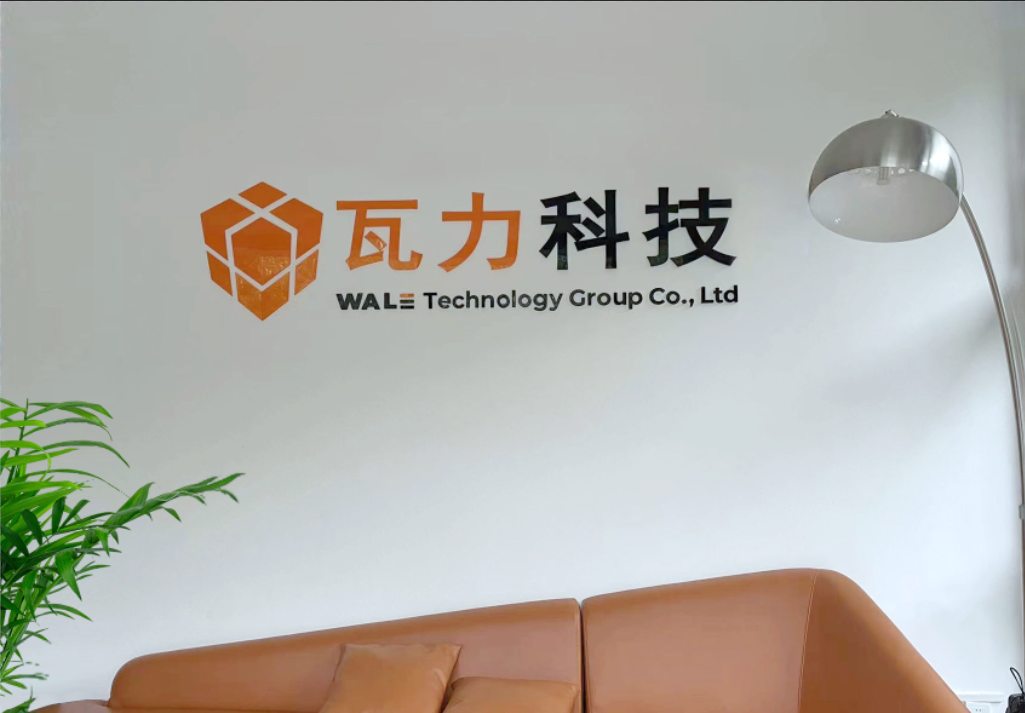Chongqing – Wali Technology, headquartered in Chongqing Liangjiang New Area, specializes in automatic parking, vehicle lighting, and automotive electronic architecture technologies, particularly for intelligent connected new energy vehicles.

Wali Technology is at the forefront of automotive pioneering innovations. (Photo/Wali Technology)
One of China’s earliest patents for automatic parking
Early in 2012, Wali introduced fully automatic parking technology into Changan Automobile’s EADO model, marking the first domestic deployment of such technology in China. Subsequently, they extended this innovation to SUVs and large sedans through collaborations with major automakers.
Wang Lin, Chairman of Wali Technology, said, “We hold one of China’s earliest patents for automatic parking. And we have tackled multiple technological difficulties such as vertical parking, parallel parking, and parking from any initial position, resulting in groundbreaking automatic parking algorithms and software.”
Moreover, Wali Technology demonstrated remarkable foresight in 2012 by recognizing the centralization of automotive electronic architecture. They envisioned car owners customizing vehicles like configuring a computer. This forward-looking vision is manifested in modern vehicles with centralized network and domain architectures, representing a significant transformation in the automotive industry.
Wali has further solidified its position as an integrated hardware and software supplier to vehicle manufacturers while continuing its pioneering research. Their portfolio includes seat controllers integrating car lights, windows, and seats, wireless charging test cars, and cars equipped with four-wheel steering.
Notably, they have explored automotive fingerprint recognition, gesture control, brainwave control, smart car lighting systems, and interactive light communication platforms.
Enable vehicles to “speak” with the lighting systems
One fascinating advancement is their intelligent vehicle lighting systems, allowing cars to communicate with their surroundings. This not only enhances safety but also reduces road rage.

Wali Technology keeps pursuing groundbreaking automotive technology. (Photo/Wali Technology)
“Smart headlights, automotive projection interactive lights, grille lights, ambient interactive lights, and emblem lights serve as a medium for communication, enabling vehicles to convey messages silently,” Wang explained.
For instance, when a vehicle changes lanes, it can project a message to indicate its intentions. In addition, it can also express gratitude after a successful lane change and notify the vehicle behind when preparing to park.
The headlights can project pedestrian crossings on the ground and adjust their focus to prevent glare in the presence of pedestrians. During turns, the headlights follow the road and track the driver’s gaze for improved illumination.
Wali Technology has made this advanced technology more accessible by significantly reducing costs. In the past, similar lighting systems in high-end vehicles could cost around 60,000 yuan (about 8,200 U.S. dollars).
However, through technological innovations and collaborations with automakers, Wali has lowered the price of intelligent car lighting systems to just a few thousand yuan, with the potential for further reductions. This makes the technology accessible to a broader range of automakers and consumers.
With companies like Wali Technology driving innovation, the automotive industry is poised for significant advancements. Wang thinks it is essential for government and professional institutions’ support during crucial financial phases. He also emphasizes the need for automakers to provide more opportunities to local businesses, fostering industry alliances and contributing to the growth of domestic enterprises.
